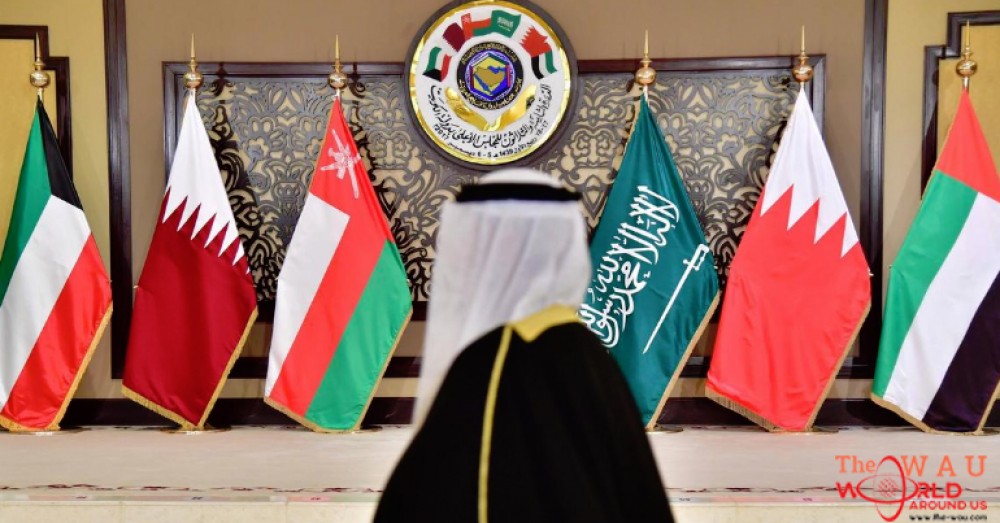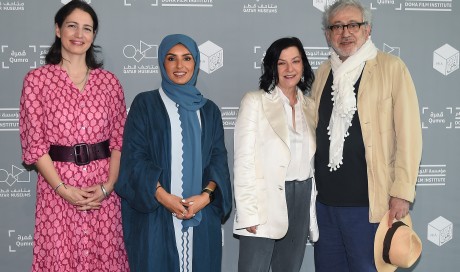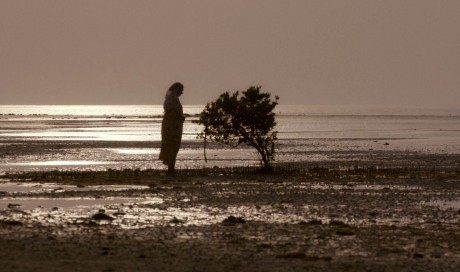39th Gulf Cooperation Council’s (GCC) summit was set to open in Riyadh today, with regional unity imperiled by a bitter row between Qatar and Saudi Arabia, which is mired in a diplomatic crisis over the murder of journalist Jamal Khashoggi.
The one-day annual gathering of leaders from the six member states is expected to focus on security issues, including the Yemen war and Iran’s regional activities, and may touch on oil politics and a protracted boycott of Qatar by some neighbors.
Saudi Arabia, the United Arab Emirates, Bahrain and non-GCC member Egypt cut diplomatic and economic ties with Qatar in June 2017 over allegations of supporting terrorism.
Qatar, which last week abruptly announced it was withdrawing from the oil exporters’ group OPEC, denies the charges and says the boycott aims to curtail its sovereignty. The Saudi king has invited Qatar’s emir to the summit, but Doha has not said what level of representation it would send. The emir attended last year’s gathering in Kuwait, while Saudi Arabia, the UAE and Bahrain sent more junior officials.
The UAE delegation to the Riyadh summit will be headed by Prime Minister and Vice-President Sheikh Mohammed bin Rashid al-Maktoum, who is also ruler of Dubai. The GCC set up in 1980 as a bulwark against larger neighbors Iran and Iraq — groups Saudi Arabia, UAE, Bahrain, Oman, Kuwait and Qatar. Kuwait’s ties with Riyadh have also been strained over control of shared oilfields.
WASHINGTON URGES UNITY
Following worldwide shock over the Oct. 2 murder of Saudi journalist Khashoggi at Saudi Arabia's Istanbul consulate, Washington has expanded pressure on Riyadh to end the almost four-year-old Yemen war that has pushed that nation to the edge of starvation and to reestablish ties with Qatar for a unified Gulf front against Iran.
A U.S. State Department official said on Sunday that Washington would keep on supporting the Saudi-drove military alliance in Yemen and encouraged Gulf states to patch wall, including to empower a proposed new Middle East security coalition that would incorporate the Gulf coalition, Egypt and Jordan, reported reuters.
"We'd like to see that unity restored, not on our terms, but rather on terms of the nations that are included," Timothy Lenderking, Deputy Assistant Secretary for Arabian Gulf Affairs, told correspondents at a security discussion in the UAE capital Abu Dhabi.
"It's essential not just for the GCC to be a solid rampart against Iranian impact in the Arabian Peninsula yet additionally to enable us to capitalize by financial linkages that can add advancement to the district and help the nations tie together."
Qatar's exit from OPEC following 57 years to concentrate on gas gave off an impression of being a swipe at the bloc’s de facto leader Saudi Arabia.
The move has extended the sense among diplomats and analysts that any prospect for a close term resolution to the dispute is unlikely at Sunday’s Riyadh summit.
While the boycotting states have said the line isn't a need for them and that the GCC stays substantial, Doha has said the dispute harms regional security by weakening the bloc.
Relations have likewise soured between Saudi Arabia and Kuwait over oil production from two mutually run oilfields in the purported Neutral Zone after talks in September failed to move the two nations nearer to an arrangement.
Share This Post












